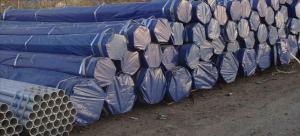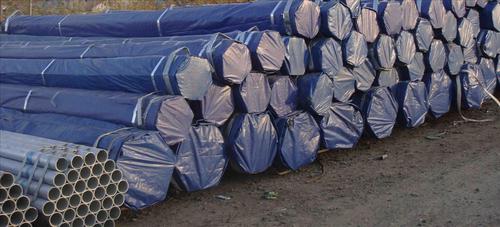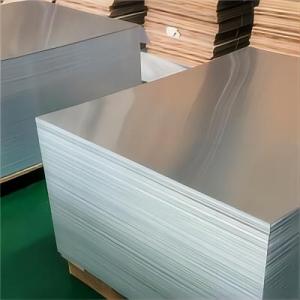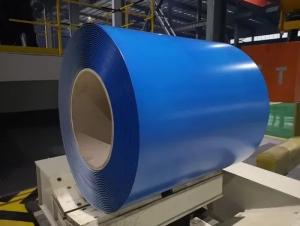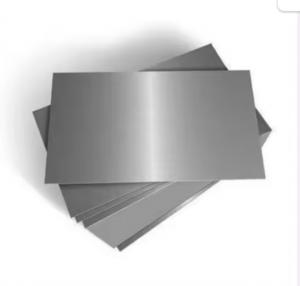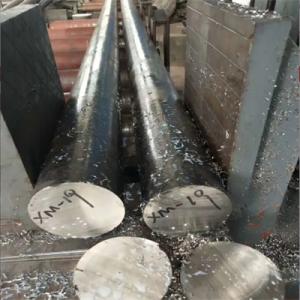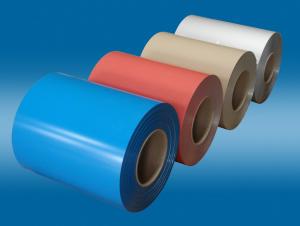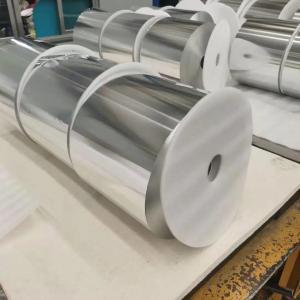Rectangular Steel Pipes Export To Myanmar Galvanized Pipe ASTM A53 100g/200g Hot Dipped
- Loading Port:
- Tianjin
- Payment Terms:
- TT OR LC
- Min Order Qty:
- 30 m.t.
- Supply Capability:
- 5500 m.t./month
OKorder Service Pledge
OKorder Financial Service
You Might Also Like
1、Structure of Galvanized Pipe ASTM A53 100g/200g Hot Dipped / pre Galvanized Pipe:
The surface of Galvanized pipe ASTM A53 100g/200g hot dipped / pre galvanized pipecan increase the corrosion resistance of the steel tube, prolong service life. Galvanized pipe is widely used, in addition to water, gas, oil and other general low pressure fluid pipelines. It is also used in the petroleum industry, especially for offshore oil field of oil well pipe and oil pipe, chemical, coking equipment of oil heater, condensation cooler, coal run oil exchanger tube, and trestle pile, the mine tunnel support frame tube.
2、Main Features of Galvanized Pipe ASTM A53 100g/200g Hot Dipped / pre Galvanized Pipe:
• High manufacturing accuracy
• High strength
• Good visual effect
• Reasonable price
• Small inertia resistance
• Strong heat dissipation ability
3、Galvanized Pipe ASTM A53 100g/200g Hot Dipped / pre Galvanized Pipe Specification:
Standard | GB, DIN, ASTM ASTM A106-2006, ASTM A53-2007 |
Grade | 10#-45#, 16Mn 10#, 20#, 45#, 16Mn |
Thickness | 1 - 33 mm |
Section Shape | Round |
Outer Diameter | 21 - 610mm |
Place of Origin | Tianjin, China (Mainland) |
Secondary Or Not | Non-secondary |
Application | Hydraulic Pipe |
Technique | Cold Drawn |
Certification | API |
Surface Treatment | factory state or painted black |
Special Pipe | API Pipe |
Alloy Or Not | Non-alloy |
Length | 5-12M |
Outer Diameter | 21.3-610mm |
Grade | 20#, 45#, Q345, API J55, API K55, API L80, API N80, API P110, A53B |
Standard | ASME, ASTM |
1) Material:20#(ASTM A 106/A53 GRB.API5LGRB,GB),45#,16Mn,10#.
2) Specification range:OD:21.3-610mm,WT:6-70mm,length:6-12m or according to the requirement of clients.
3) Excutive standards:GB,ASME API5L.ASTM A 106/A53,Despite of the above standards,we can also supply seamless steel pipe with standard of DIN,JIS,and so on,and also develop new products according to the requirements of our clients!
4) Surface:black lacquered,varnish coating or galvanized.
5) Ends:Beveled or square cut,plastic capped,painted.
6) Packing:bundles wrapped with strong steel strip,seaworthy packing.
4、Packaging & Delivery
Packaging Details: | seaworthy package,bundles wrapped with strong steel strip |
Delivery Detail: | 15-30days after received 30%TT |
5、FAQ of Galvanized Pipe ASTM A53 100g/200g Hot Dipped / pre Galvanized Pipe:
①How is the quality of your products?
Our products are manufactured strictly according to national and internaional standard, and we take a test
on every pipe before delivered out. If you want see our quality certifications and all kinds of testing report, please just ask us for it.
Guaranteed: If products’ quality don’t accord to discription as we give or the promise before you place order, we promise 100% refund.
②How about price?
Yes, we are factory and be able to give you lowest price below market one, and we have a policy that “ for saving time and absolutely honest business attitude, we quote as lowest as possible for any customer, and discount can be given according to quantity”,if you like bargain and factory price is not low enough as you think, just don’t waste your time.Please trust the quotation we would give you, it is professional one.
6、 Galvanized Pipe ASTM A53 100g/200g Hot Dipped / pre Galvanized Pipe: Images:
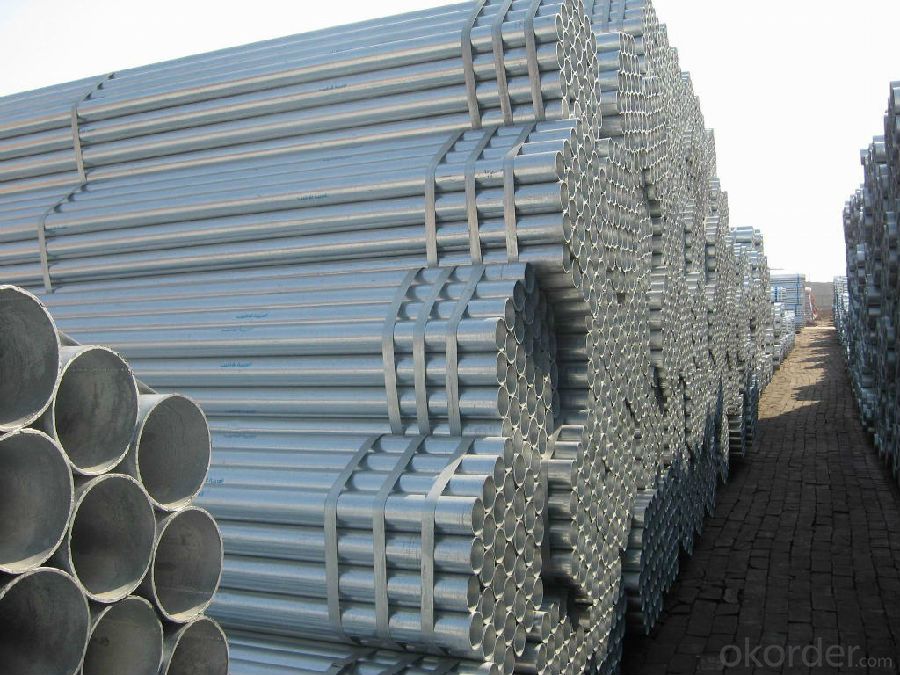
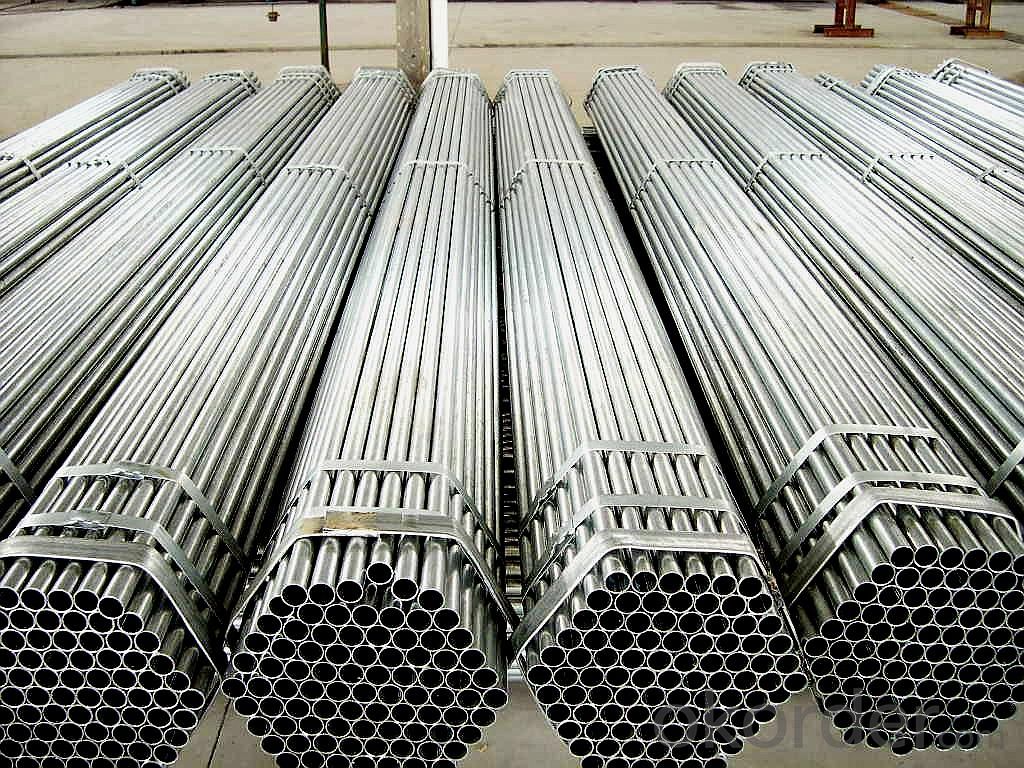
- Q:What are the applications of stainless steel pipes?
- Stainless steel pipes are widely used in various industries and applications due to their excellent corrosion resistance, durability, and strength. Some common applications include plumbing systems, water supply and distribution, heating and cooling systems, oil and gas industry, chemical processing plants, food and beverage industry, automotive industry, construction, and infrastructure projects. Additionally, stainless steel pipes are also utilized in pharmaceutical manufacturing, aerospace engineering, marine applications, and wastewater treatment facilities.
- Q:How are steel pipes tested for leakage?
- Steel pipes are typically tested for leakage using various methods such as hydrostatic testing, ultrasonic testing, or dye penetrant testing. Hydrostatic testing involves pressurizing the pipe with water or another suitable liquid to a predetermined level and checking for any pressure drop over a specific period of time, indicating potential leakage. Ultrasonic testing utilizes high-frequency sound waves to detect any defects or cracks in the pipe wall that may cause leakage. Dye penetrant testing involves applying a colored liquid to the surface of the pipe, which seeps into any cracks or openings, making them easily visible under specific lighting, thus identifying potential leaks.
- Q:How are steel pipes used in the manufacturing of storage tanks?
- Steel pipes are commonly used in the manufacturing of storage tanks due to their high strength, durability, and resistance to corrosion. These pipes are typically used as the main structural component of the tank, providing the necessary strength to support the weight of the stored materials. Additionally, steel pipes can be easily welded together, allowing for the construction of large, seamless tanks that can hold various liquids or gases. Overall, steel pipes play a crucial role in ensuring the integrity and longevity of storage tanks.
- Q:How are steel pipes protected against rust?
- Steel pipes are protected against rust through a variety of methods. One common method is by applying a protective coating to the pipes. This can be done by using a layer of paint, epoxy, or a corrosion-resistant coating such as zinc or galvanized coatings. These coatings act as a barrier between the steel and moisture, preventing the formation of rust. Another method of protecting steel pipes against rust is by using cathodic protection. This involves the use of sacrificial anodes, typically made of zinc or magnesium, which are attached to the steel pipes. These anodes corrode instead of the steel, sacrificing themselves and preventing rust formation on the pipes. In addition to coatings and cathodic protection, steel pipes can also be protected against rust by using corrosion inhibitors. Corrosion inhibitors are chemicals that are added to the water or fluid flowing through the pipes. These chemicals form a protective film on the surface of the steel, inhibiting the corrosion process and preventing rust from forming. Regular maintenance and inspections are also crucial in protecting steel pipes against rust. Any signs of damage or wear on the protective coatings should be addressed promptly to prevent rust from developing. Additionally, ensuring that the pipes are properly cleaned and dried before applying any protective coatings can also help in enhancing their effectiveness. Overall, a combination of protective coatings, cathodic protection, corrosion inhibitors, and regular maintenance is employed to ensure that steel pipes are effectively protected against rust and corrosion, prolonging their lifespan and maintaining their structural integrity.
- Q:Can steel pipes be used for steam systems?
- Yes, steel pipes can be used for steam systems. Steel pipes are commonly used in steam systems due to their durability, high temperature resistance, and ability to handle high pressure.
- Q:What is the role of steel pipes in sewage systems?
- The role of steel pipes in sewage systems is to provide a durable and reliable means of transporting wastewater and sewage from homes, businesses, and other sources to treatment plants or disposal sites. Steel pipes are known for their strength, corrosion resistance, and longevity, making them suitable for withstanding the harsh and corrosive nature of sewage. They are capable of handling high-pressure flows and can withstand the weight and pressure of the surrounding soil. Additionally, steel pipes are often used in larger diameter applications due to their ability to carry larger volumes of sewage efficiently.
- Q:How do you solder purple copper plate and steel tube?
- The copper plate and the steel tube are brazed by brazing or argon arc welding.
- Q:How are steel pipes used in the construction of chemical plants?
- Steel pipes are widely used in the construction of chemical plants due to their durability, corrosion resistance, and ability to handle high pressure and temperature. These pipes are primarily utilized for transporting various chemicals, gases, and liquids within the plant, ensuring a safe and efficient flow of materials throughout the facility. They are commonly employed in the installation of process pipelines, utility systems, and structural supports, playing a crucial role in the overall functionality and reliability of chemical plants.
- Q:How are steel pipes connected to other plumbing components?
- Steel pipes are commonly connected to other plumbing components through various methods, depending on the specific application and requirements. The most common methods of connecting steel pipes to other plumbing components include threading, welding, and using mechanical fittings. Threading is a process where the ends of the steel pipes are cut and grooves are created on the outer surface to form a threaded connection. This allows the pipes to be screwed into fittings such as elbows, tees, or couplings. Threaded connections are often used in smaller diameter pipes and low-pressure applications. Welding is another commonly used method to connect steel pipes. It involves heating the ends of the pipes and joining them together by melting the metal at the point of contact. This creates a strong and permanent connection. Welded connections are often used in larger diameter pipes and high-pressure applications. Mechanical fittings are another popular option for connecting steel pipes. These fittings are designed to be easily installed without the need for welding or threading. They typically consist of two parts – a compression ring and a nut. The compression ring is placed over the pipe, and the nut is tightened, compressing the ring onto the pipe and creating a secure connection. Mechanical fittings are commonly used in both residential and commercial plumbing systems. In addition to these methods, other connection techniques such as flanges, grooved couplings, and soldering can also be used to connect steel pipes to other plumbing components, depending on the specific needs of the system. Overall, the method used to connect steel pipes to other plumbing components depends on factors such as the size of the pipes, the pressure of the system, the type of fluid being transported, and the specific requirements of the project. It is important to choose the appropriate method and ensure that the connections are properly installed to ensure the integrity and efficiency of the plumbing system.
- Q:How are steel pipes used in the telecommunications infrastructure?
- Steel pipes are used in the telecommunications infrastructure primarily for underground cable installation. They serve as protective conduits that house and secure the fiber optic cables, providing a reliable and durable solution for long-distance communication.
1. Manufacturer Overview |
|
|---|---|
| Location | |
| Year Established | |
| Annual Output Value | |
| Main Markets | |
| Company Certifications | |
2. Manufacturer Certificates |
|
|---|---|
| a) Certification Name | |
| Range | |
| Reference | |
| Validity Period | |
3. Manufacturer Capability |
|
|---|---|
| a)Trade Capacity | |
| Nearest Port | |
| Export Percentage | |
| No.of Employees in Trade Department | |
| Language Spoken: | |
| b)Factory Information | |
| Factory Size: | |
| No. of Production Lines | |
| Contract Manufacturing | |
| Product Price Range | |
Send your message to us
Rectangular Steel Pipes Export To Myanmar Galvanized Pipe ASTM A53 100g/200g Hot Dipped
- Loading Port:
- Tianjin
- Payment Terms:
- TT OR LC
- Min Order Qty:
- 30 m.t.
- Supply Capability:
- 5500 m.t./month
OKorder Service Pledge
OKorder Financial Service
Similar products
New products
Hot products
Hot Searches
Related keywords
